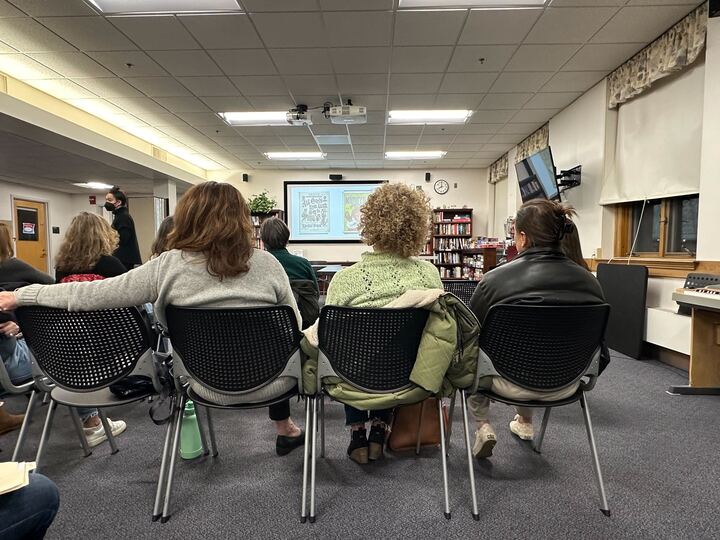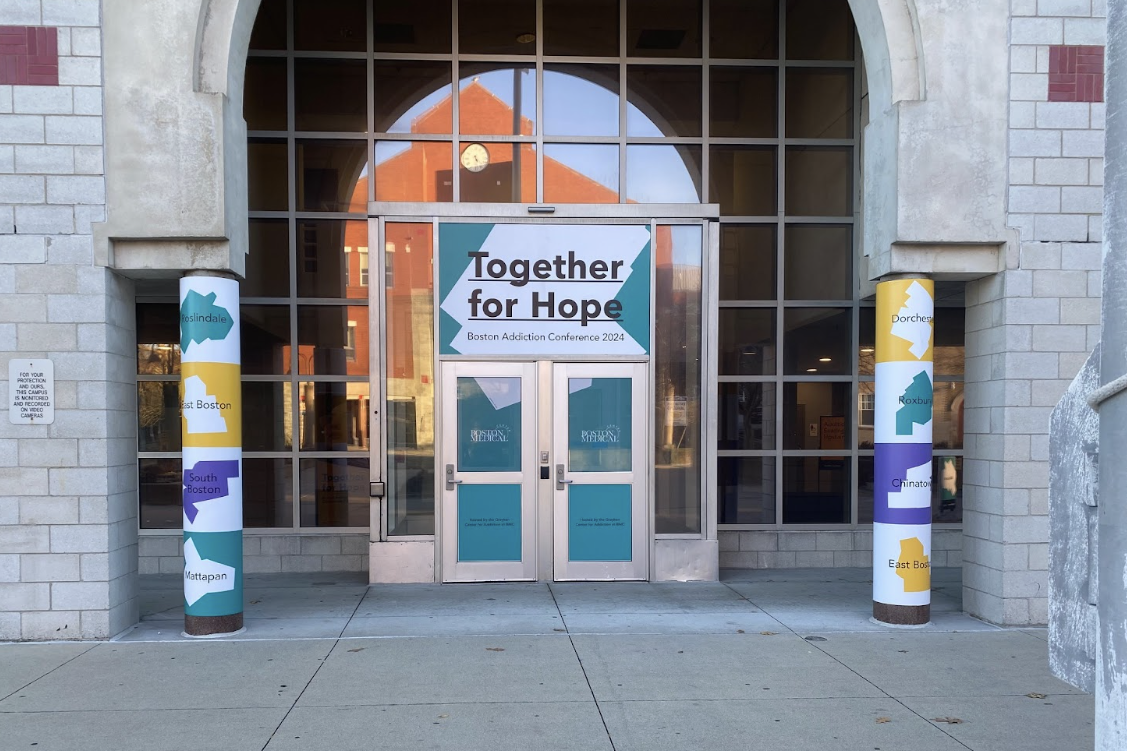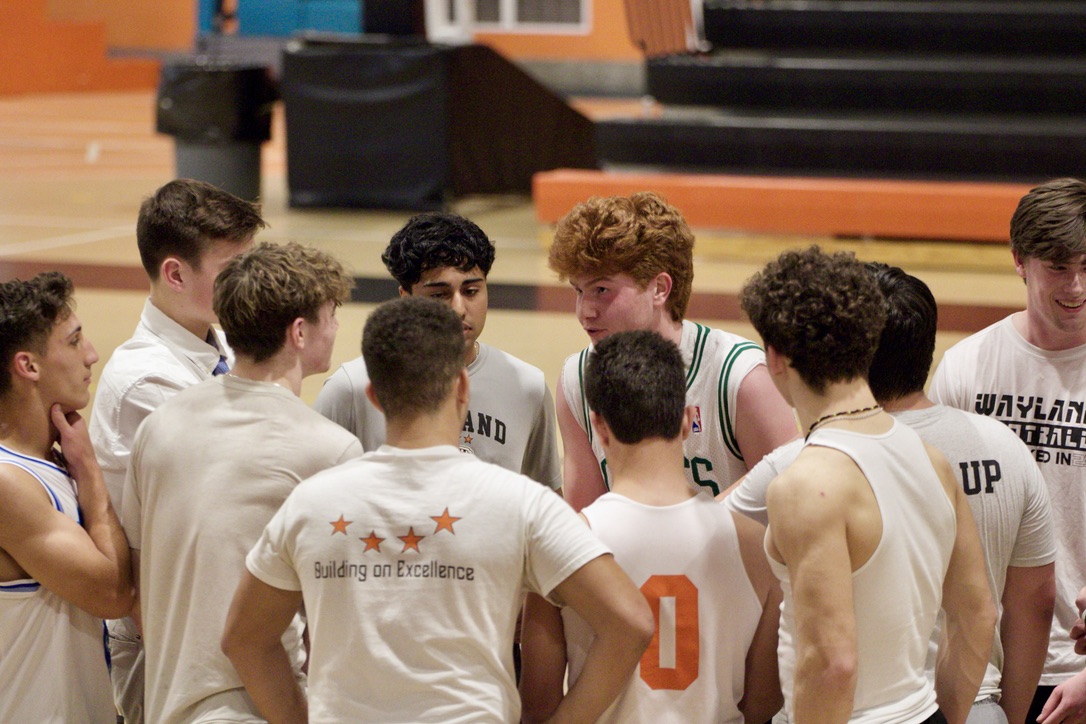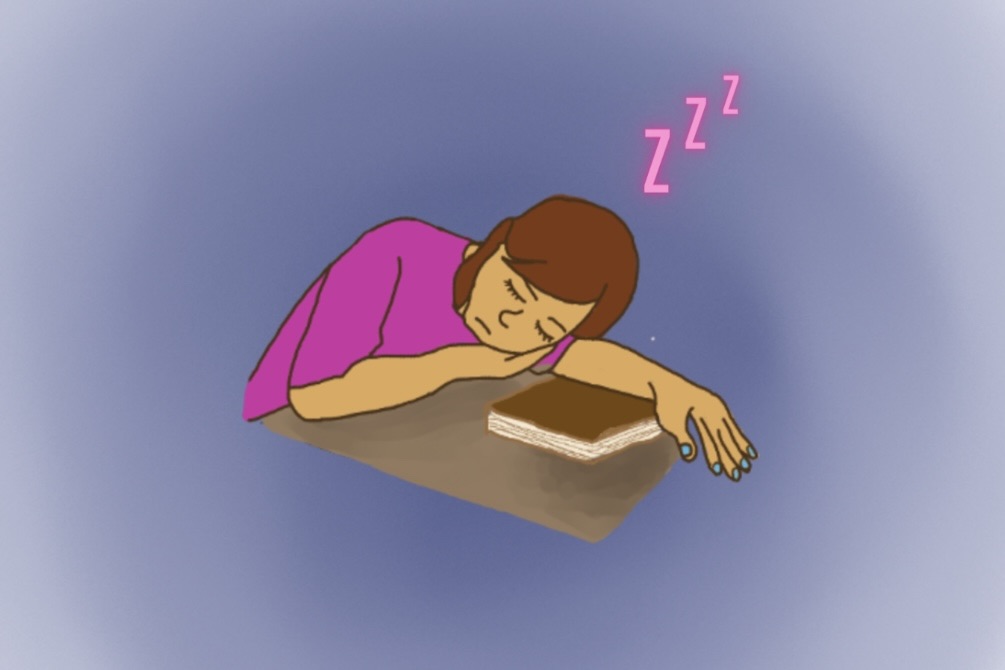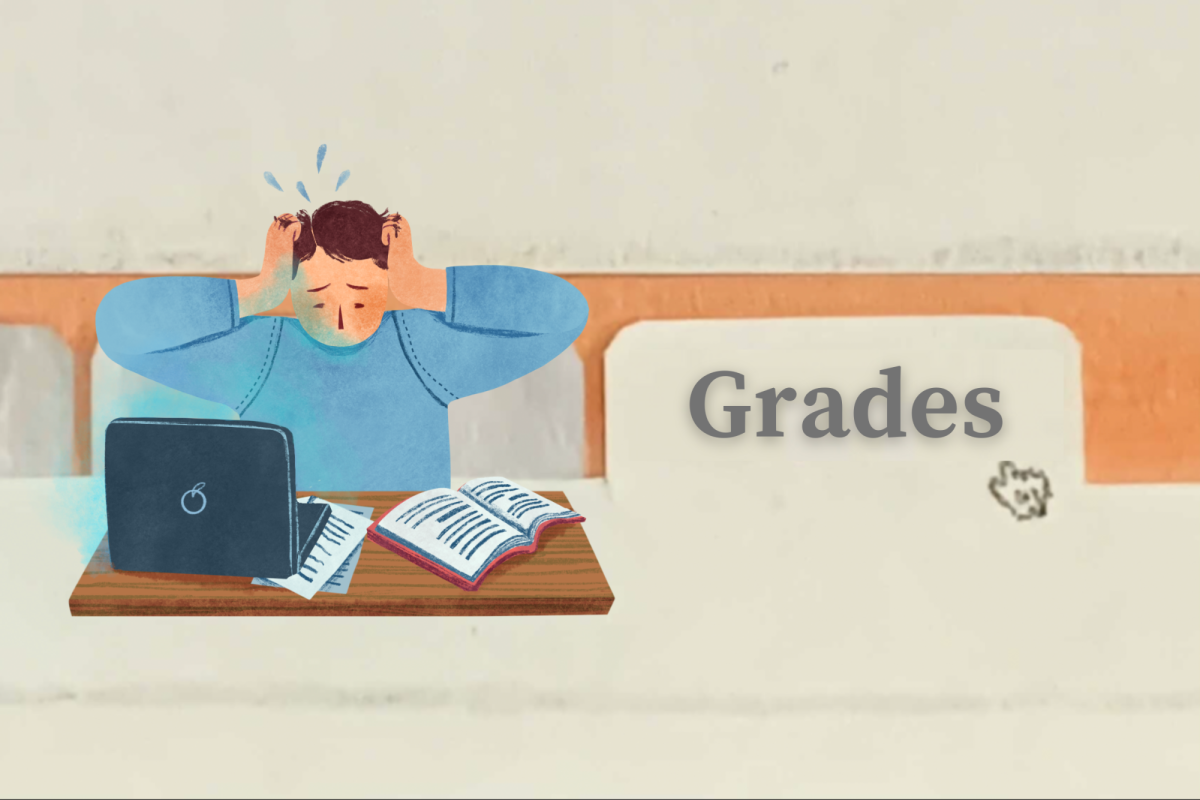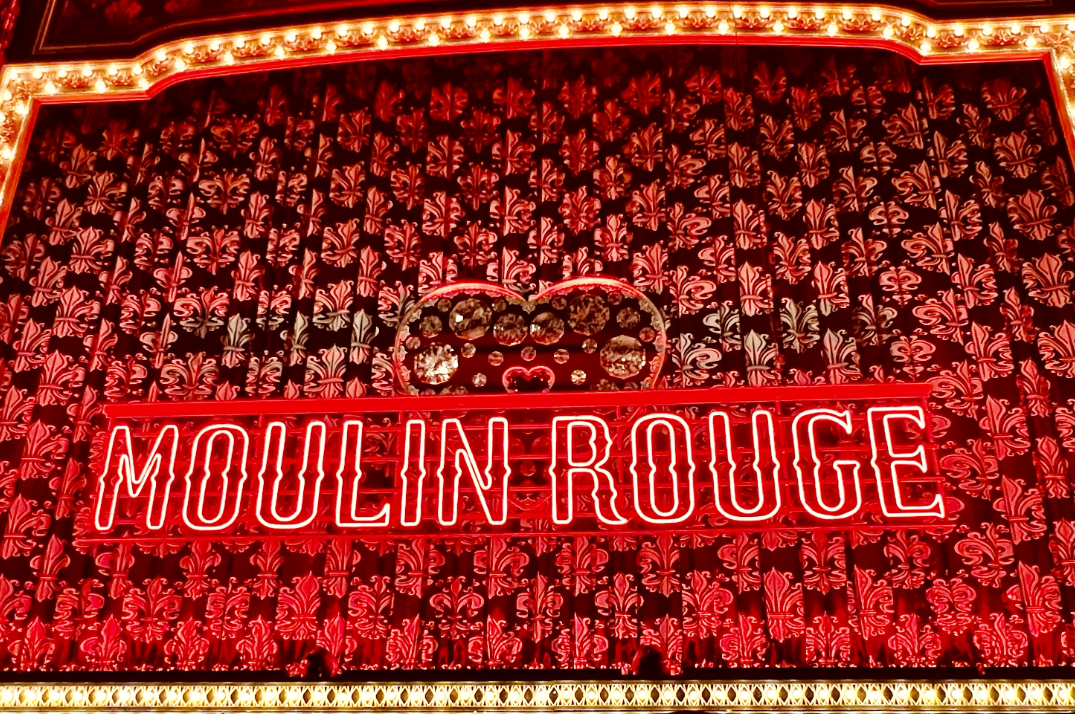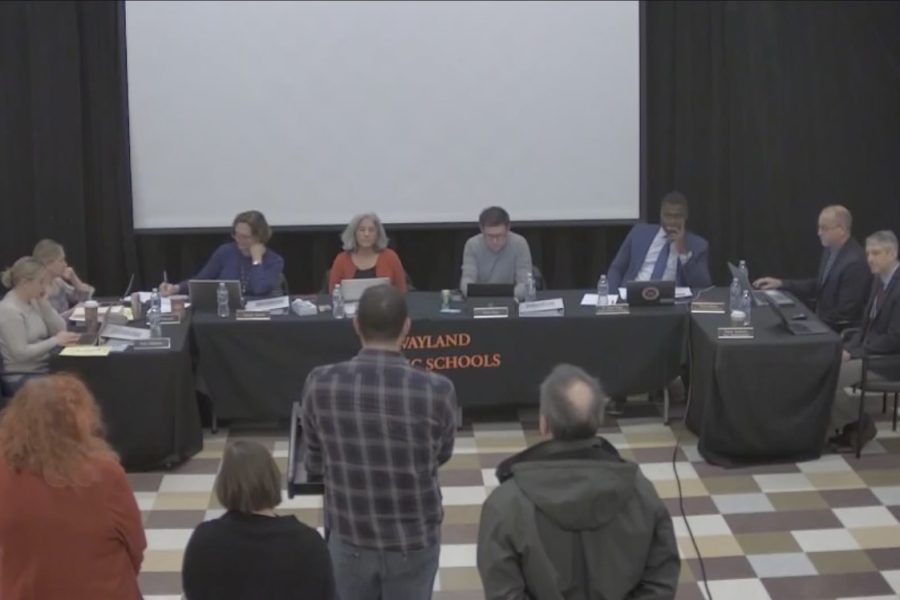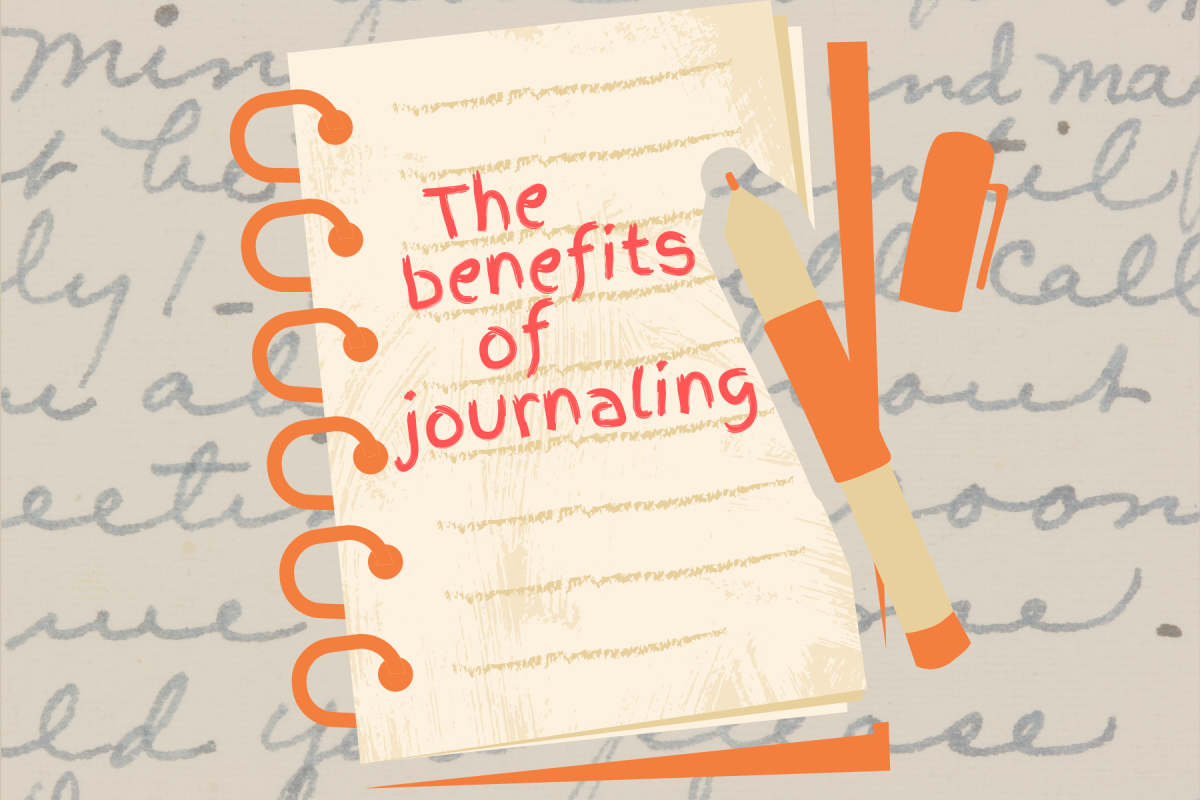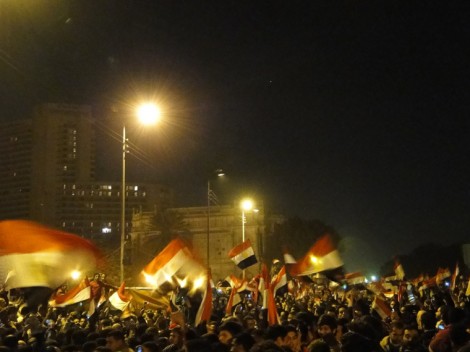
Utilizing social networks like Facebook, Middle Easterners have incited a wave of protests against the autocratic regimes that have controlled their countries for so many decades. While many of these protests have been successful, it is yet to be seen what the “new” Middle East has in store.
Is an age of democracy on the horizon in the Middle East, or could Tunisia, Egypt or Libya become the next Iran – a theocratic, anti-Western nation that poses a serious threat to America and Israel? We must also wonder: if the Middle East does become a center of democracy, how might America’s policies in the Middle East change?
As Colonel Qaddafi’s loyalists and rebel fighters have split Libya in two, the fighting has affected Wayland and the rest of the world. How, you might ask? Oil. According to National Geographic, nearly 60 percent of Libya’s daily oil production – 1.6 million barrels – has been shut down as a result of the civil war.
The United States recently saw the largest one-week spike of gas prices since Hurricane Katrina hit the Gulf of Mexico. If fighting continues without any resolution, gas prices could continue to escalate and hinder the recovering global economy.
Libya’s civil war has also forced the United States, and President Obama in particular, to make a decision as to whether or not to aid rebel forces. While there is no question that a despot like Qaddafi should be removed from his throne, the United States takes a great risk in supplying air support and weapons to the underground movement.
These Libyan rebels are reminiscent of another guerrilla group the United States supported in the 1980’s in Afghanistan; that Islamist movement – the Taliban – is now America’s “number 1 enemy.” Placing the Libyan rebels in power could prove catastrophic in years to come.
Meanwhile, Tunisia is past the process of protesting and rebelling. Nearly three months after protesters successfully deposed President Ben Ali, the new government has looked promising. After a number of resignations from the interim government, it appears Tunisia has finally achieved stability. But while this transitional government has been installed, the Tunisian government is still faced with the task of rewriting the constitution and satisfying its people.
In Egypt, the process of government reform has proven to be a much more difficult task. Despite continued protests, the Egyptian government has yet to disband the State Security Agency, an organization “blamed for the worst human rights abuses against Mubarak’s opponents.” While the government has proposed a number of constitutional amendments meant to usher in democracy, the threat of another oppressive regime is great.
The fear of such an oppressive regime has resulted from rumors of the Muslim Brotherhood lurking in the shadows of Egypt since President Mubarak resigned. For nearly five years, the Palestinian territories have been ruled by a similar Islamist political movement, Hamas. Behind numerous attacks on Israeli civilians, Hamas has fueled the Israeli-Palestinian conflict as the sides have been unable to negotiate a treaty.
While the Muslim Brotherhood poses no immediate threat, if it does take power – democratically or not – it could jeopardize Egypt’s relationship with Israel and the Western world. According to the Washington Times, the Muslim Brotherhood plans to break the 26-year-old standing treaty between Israel and Egypt, if it gains control. A broken treaty between Israel and Egypt could usher in another war, one which the United States would likely be forced to enter.
Although fear of the establishment of new oppressive governments in the Middle East has augmented in recent months, there is still a possibility that protesters will succeed in forming democratic nations. If the efforts of the Muslim Brotherhood in Egypt are rebuffed, and Tunisia becomes a new democratic power – all without the aid of the United States – while an Islamist regime usurps the Libyan throne using American weapons, then maybe the world will question the U.S.’s role in foreign affairs.
Perhaps this would signify the end of American imperialism, and maybe, it would be for the better.





